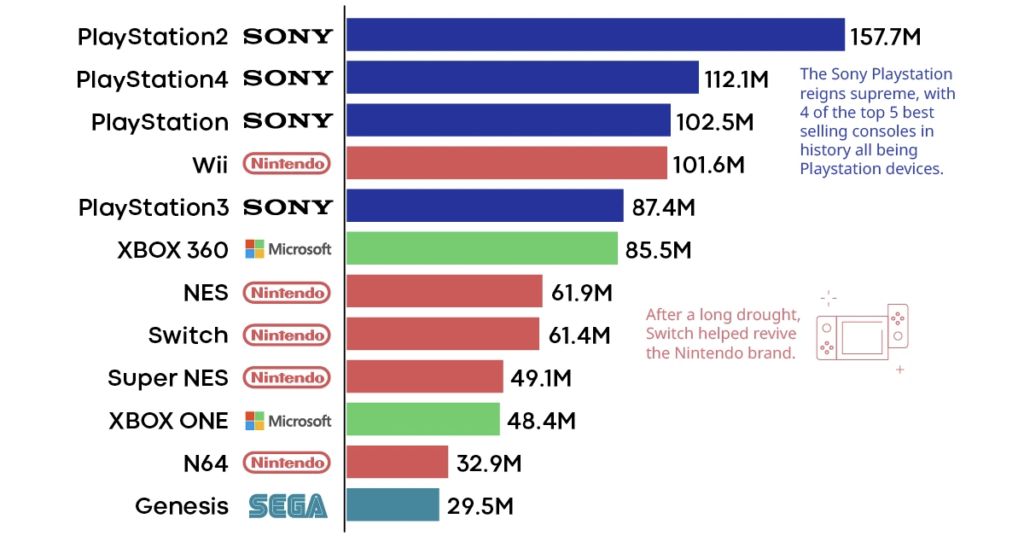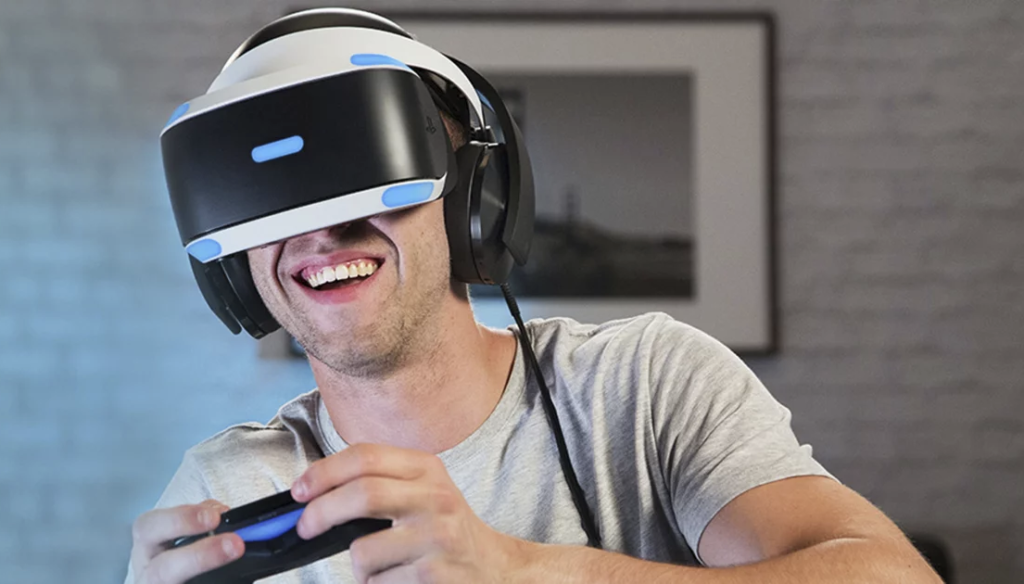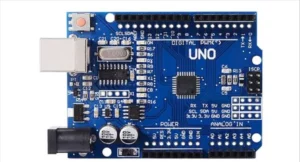Introduction

Imagine a world without PlayStation. No Gran Turismo, no Crash Bandicoot, no Metal Gear Solid, no Final Fantasy VII. Sounds unthinkable, right? But that’s the world we could have lived in, if Sony had not released the first PlayStation console in Japan on December 3, 1994.
That day, Sony launched not just a device, but a revolution that transformed the way people played, enjoyed, and experienced video games. From its humble origins as a failed partnership with Nintendo, to its dominant position as the best-selling console brand of all time, Sony’s PlayStation has crafted countless gaming milestones and epic adventures for millions of fans around the world.
In this article, we will dive into the nostalgia of the PlayStation’s history, and celebrate its 30th anniversary with some of the most memorable games and moments that defined its legacy.
Follow us on Linkedin for everything around Semiconductors & AI
The Birth of the PlayStation
In the late 1980s, Sony engineer Ken Kutaragi, fascinated by his daughter’s Nintendo Entertainment System (NES), observed the potential of video games as a form of entertainment and art, thus initiating the story of the PlayStation.
He convinced Sony to collaborate with Nintendo to create a sound chip for their upcoming Super Nintendo Entertainment System (SNES), and later a CD-ROM add-on using Sony’s Super Disc format.
However, the partnership turned sour when Nintendo secretly switched to Philips for the CD-ROM project, and publicly announced their decision at the 1991 Consumer Electronics Show (CES), leaving Sony humiliated and betrayed.

Figure – Ken Kutaragi, Father of the PlayStation
Kutaragi, however, did not give up on his vision of creating a gaming console for Sony. He persuaded Sony’s president, Norio Ohga, to continue the development of the CD-ROM device, which was renamed as the PlayStation X (PSX).
The PSX was a 32-bit console that used CD-ROMs as the medium for games, allowing for more storage, better graphics, and lower costs than the cartridge-based systems of Nintendo and Sega.
Sony also established Sony Computer Entertainment (SCE), a creative division that would produce games and software for the PlayStation, as well as sign up hundreds of third-party developers to support the platform.
Read More: Japan can never say NO: Akio Morita and story of SONY
The Rise of the PlayStation
Sony launched the PlayStation in Japan on December 3, 1994, and it achieved sales of 100,000 units on its inaugural day.
The console subsequently made its debut in North America and Europe in 1995, rapidly gaining popularity among gamers due to its impressive hardware, extensive game library, and a budget-friendly price of $299.
The PlayStation also introduced 3D graphics to the mainstream, and revolutionized the genres of platformers, racing, fighting, and role-playing games. Some of the most iconic games that debuted on the PlayStation include Crash Bandicoot, Gran Turismo, Tekken, Metal Gear Solid, Resident Evil, and Final Fantasy VII.

The PlayStation also had a strong advantage over its competitors, the Nintendo 64 and the Sega Saturn, in terms of indirect network effects.
- The PlayStation had a larger and more varied selection of games, which attracted more gamers, which in turn encouraged more developers to create games for the platform, creating a positive feedback loop.
- The PlayStation also had a “backwards” compatibility feature, which allowed gamers to play their old PlayStation games on the newer PlayStation 2, which was released in 2000.
- The PlayStation 2 was another huge success for Sony, selling over 155 million units worldwide, and becoming the best-selling console of all time.

Read More: The PC Revolution: How the US Beat Japan in the second Chip War
The Legacy of the PlayStation

The PlayStation has also created some of the most critically acclaimed and commercially successful game franchises of all time, such as God of War, Uncharted, The Last of Us, Horizon Zero Dawn, Spider-Man, and Ghost of Tsushima.
This has also influenced the culture and industry of gaming, inspiring generations of gamers, developers, and creators.
- The PS has been recognized as one of the most influential products of the 20th century by Time magazine.
- The PShas also been a source of joy, entertainment, and nostalgia for millions of fans around the world, who have shared their memories and experiences with the PS on social media, forums, and blogs.
- The PlayStation has also been celebrated by various events and exhibitions, such as the PlayStation Experience, the PS Museum, and the PlayStation Anniversary Sale.
The Future: PlayStation VR

The PS is not only looking back at its past achievements, but also looking forward to its future innovations. One of the most exciting developments is the PlayStation VR2, the next generation of VR on PS 5.
PS VR2 will offer a more immersive and realistic VR experience, with features such as eye tracking, headset feedback, and a single-cord setup. The PS VR2 will also have its own exclusive games, such as Horizon Call of the Mountain, a spin-off of the Horizon series that will let players explore a stunning open world in VR.
The PS VR2 is not the only way that Sony is expanding its gaming horizons. The company is also planning to break into mobile gaming, start its push into live service, and put more emphasis on PS Plus.
Read More: How Japan Beat the US in the First Chip War
Conclusion
The PlayStation is more than just a console, it is a symbol of gaming excellence, innovation, and passion. For 30 years, this has delivered some of the most amazing and unforgettable gaming moments and adventures that Sony has crafted for its loyal and enthusiastic fans. PS has also shaped and transformed the gaming industry, setting new standards and trends for quality, performance, and creativity. This is not only a part of gaming history, but also a part of our lives, our culture, and our identity. As we celebrate the PlayStation’s 30th anniversary, we look forward to the future of gaming, and the next generation of PlayStation.
Happy birthday, PlayStation!




